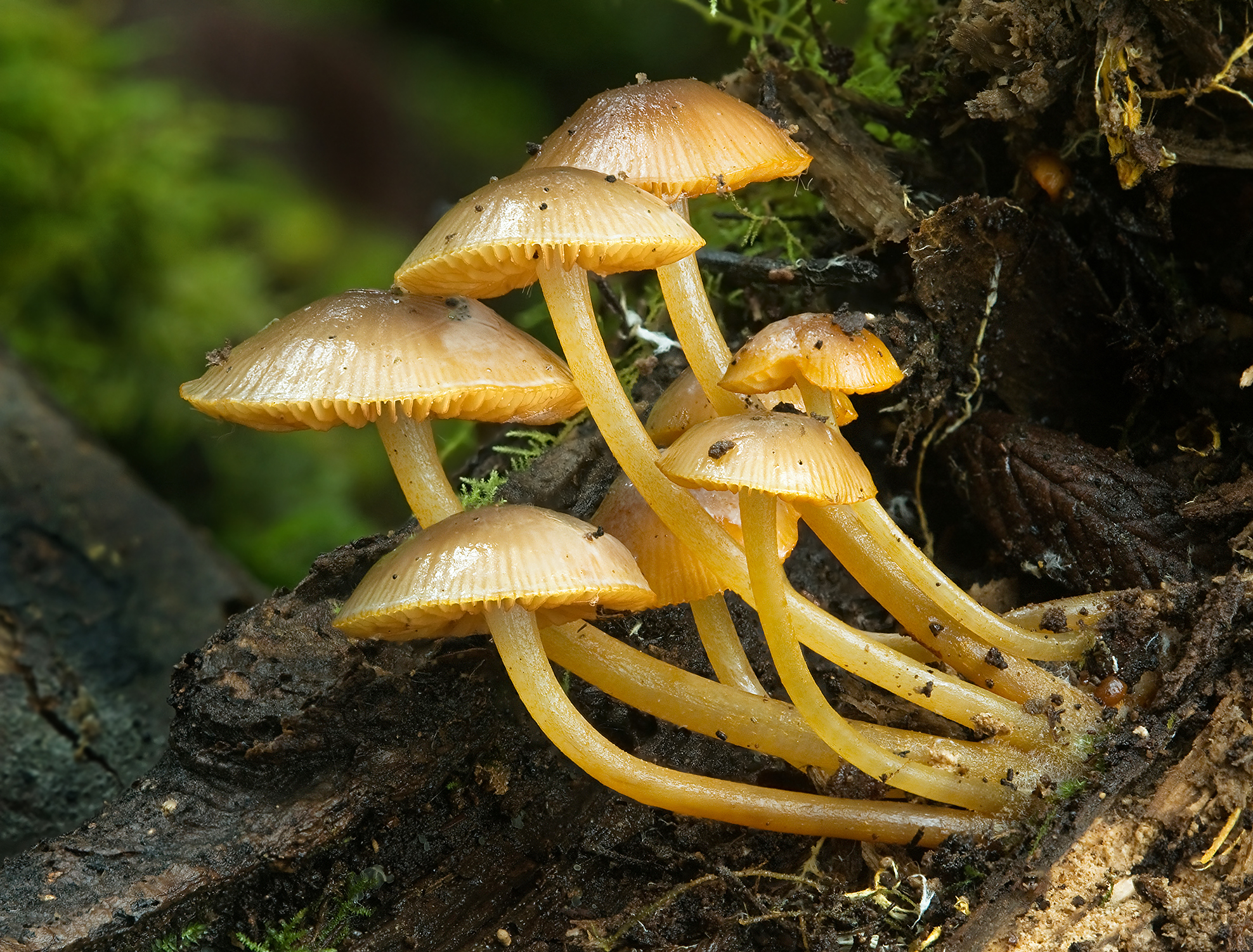|
Persoonia (journal)
''Persoonia'' is an English-language peer-reviewed scientific journal that publishes research within the disciplines of taxonomy, molecular systematics, and evolution of fungi. The journal, established in 1959, is edited by József Geml and Pedro W. Crous, and is published jointly by the National Herbarium of the Netherlands and the ''Centraalbureau voor Schimmelcultures'' (CBS) Fungal Biodiversity Centre. See also * Christiaan Hendrik Persoon – the journal's namesake * ''Mycotaxon ''Mycotaxon'' is a peer-reviewed scientific journal that covers the nomenclature and taxonomy of fungi, including lichens. The journal was founded by Grégoire L. Hennebert and Richard P. Korf in 1974. They were frustrated that papers submitted to ...'' – a journal with similar scope References External links * Mycology journals Publications established in 1959 Multilingual journals Irregular journals {{Mycology-journal-stub ... [...More Info...] [...Related Items...] OR: [Wikipedia] [Google] [Baidu] |
|
 |
Mycology
Mycology is the branch of biology concerned with the study of fungi, including their genetic and biochemical properties, their taxonomy and their use to humans, including as a source for tinder, traditional medicine, food, and entheogens, as well as their dangers, such as toxicity or infection. A biologist specializing in mycology is called a mycologist. Mycology branches into the field of phytopathology, the study of plant diseases, and the two disciplines remain closely related because the vast majority of plant pathogens are fungi. Overview Historically, mycology was a branch of botany because, although fungi are evolutionarily more closely related to animals than to plants, this was not recognized until a few decades ago. Pioneer mycologists included Elias Magnus Fries, Christian Hendrik Persoon, Anton de Bary, Elizabeth Eaton Morse, and Lewis David von Schweinitz. Beatrix Potter, author of '' The Tale of Peter Rabbit'', also made significant contributions to t ... [...More Info...] [...Related Items...] OR: [Wikipedia] [Google] [Baidu] |